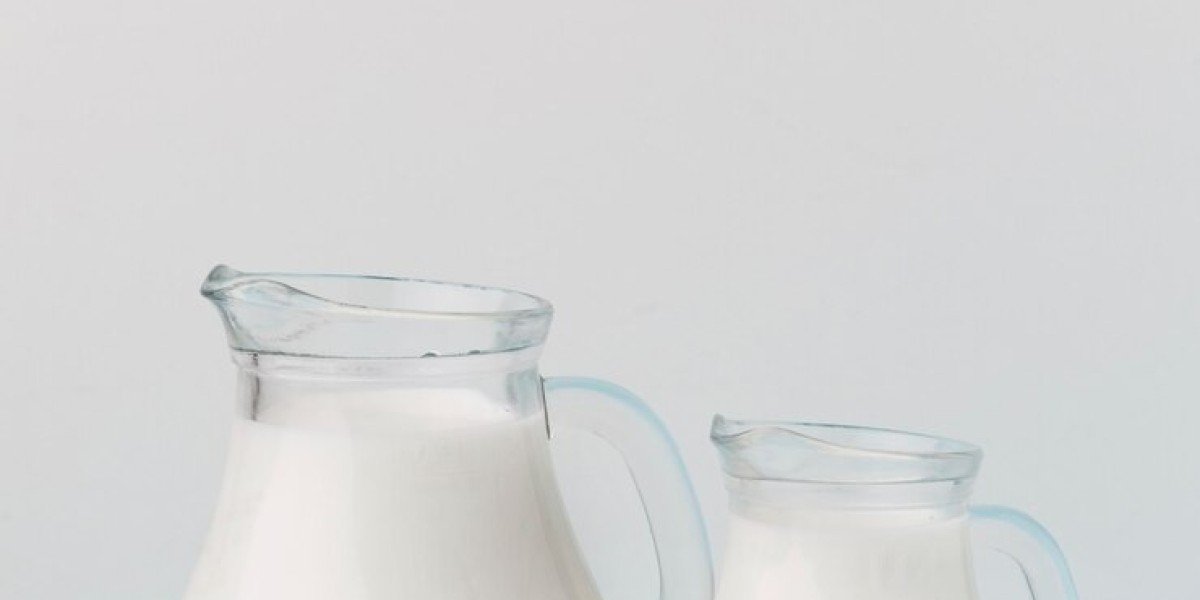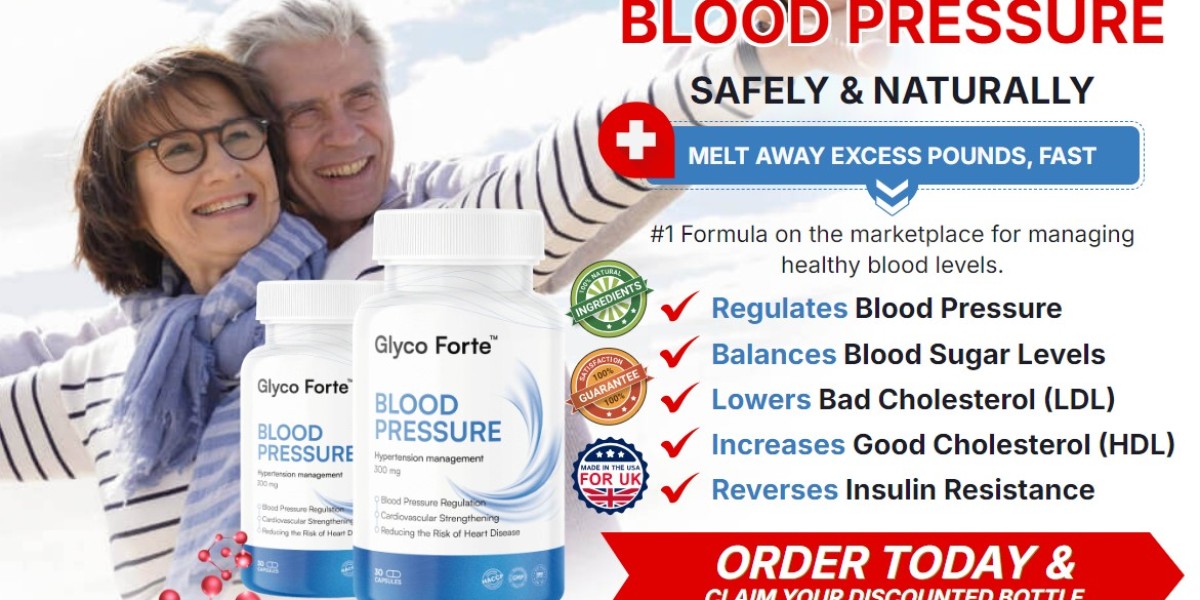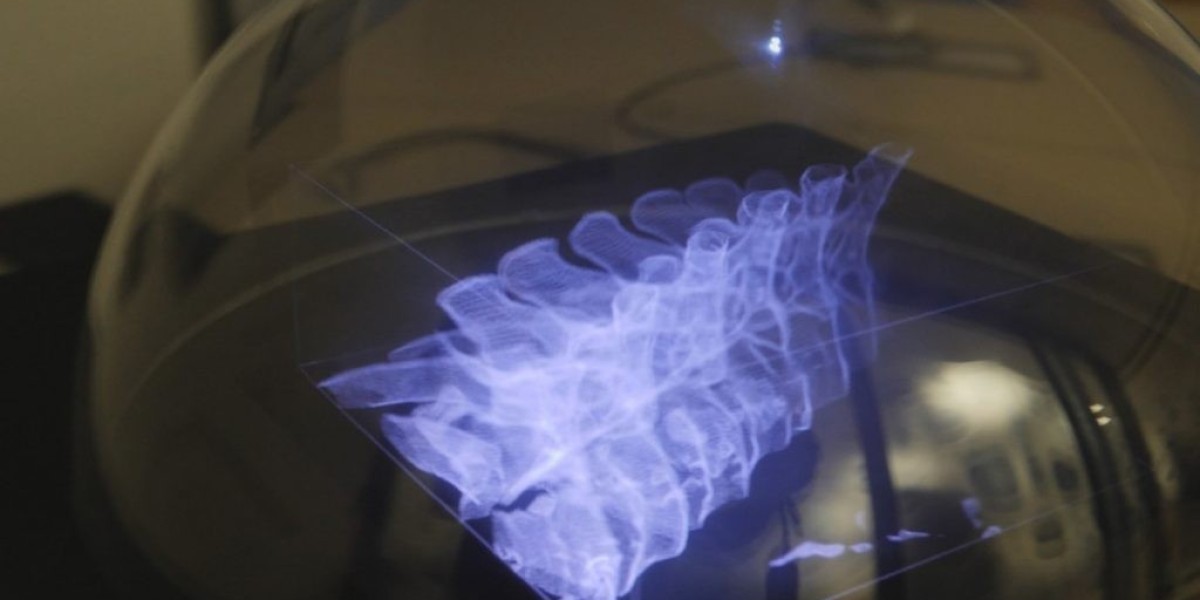For cancer patients, maintaining proper nutrition is essential to support their overall health and well-being during treatment. In this blog, we explore the nutritional differences between milk and eggs to help cancer patients make informed dietary choices.
Milk:
Milk is a rich source of nutrients, including calcium, vitamin D, protein, and essential minerals like potassium and magnesium. For cancer patients undergoing treatment, milk provides crucial nutrients to support bone health, muscle strength, and overall immunity. However, some cancer patients may experience lactose intolerance or digestive issues with dairy products, making lactose-free alternatives a better option.
Eggs:
Eggs are a versatile and nutrient-dense food that can be easily incorporated into the diet of cancer patients. They are rich in high-quality protein, vitamins (such as vitamin D, vitamin B12, and vitamin A), minerals (such as iron and selenium), and healthy fats. Eggs also contain choline, a nutrient important for brain health and function. However, cancer patients should be cautious about consuming raw or undercooked eggs due to the risk of foodborne illness, especially if their immune system is compromised.
Nutritional Comparison:
- Protein: Both milk and eggs are excellent sources of protein, which is essential for tissue repair and immune function. However, eggs contain slightly more protein per serving compared to milk.
- Calcium: Milk is a superior source of calcium compared to eggs. Calcium is vital for bone health, especially for cancer patients undergoing treatments that may weaken bones.
- Vitamin D: While both milk and eggs contain vitamin D, milk is often fortified with this nutrient. Vitamin D is important for calcium absorption and immune function, which are crucial for cancer patients.
- Fat: Eggs contain more fat, including healthy unsaturated fats, compared to milk. Cancer patients may benefit from the healthy fats in eggs for energy and nutrient absorption.
- Cholesterol: Eggs contain dietary cholesterol, while milk does not. Cancer patients should be mindful of their cholesterol intake, especially if they have cardiovascular concerns.
Conclusion:
Both milk and eggs offer valuable nutrients that can support the nutritional needs of cancer patients during treatment. However, individual dietary preferences, allergies, and digestive issues should be taken into account when incorporating these foods into a cancer patient's diet. Consulting with a registered dietitian or healthcare provider can help cancer patients develop personalized nutrition plans to optimize their health and well-being during treatment.



